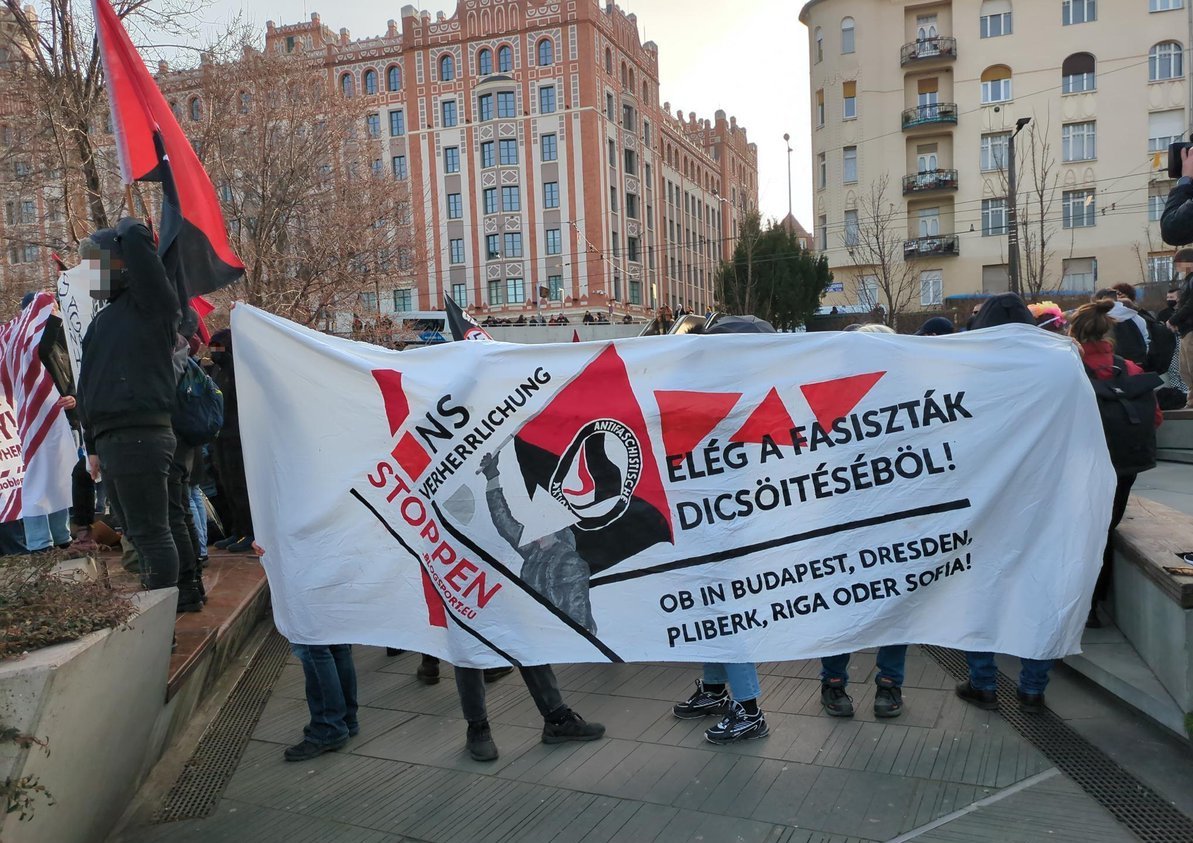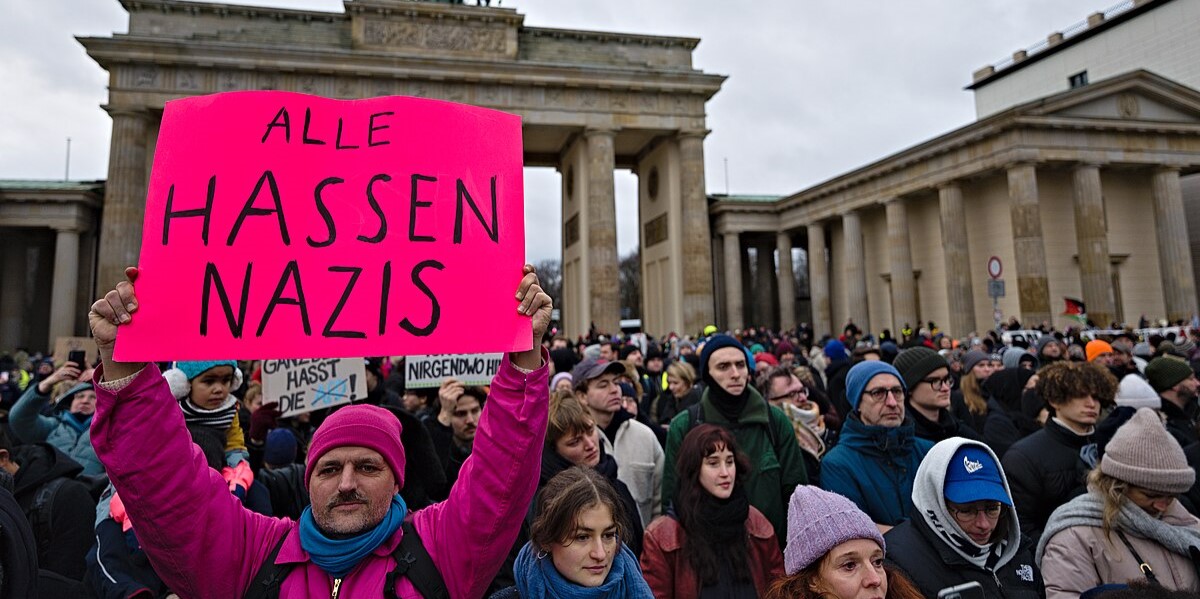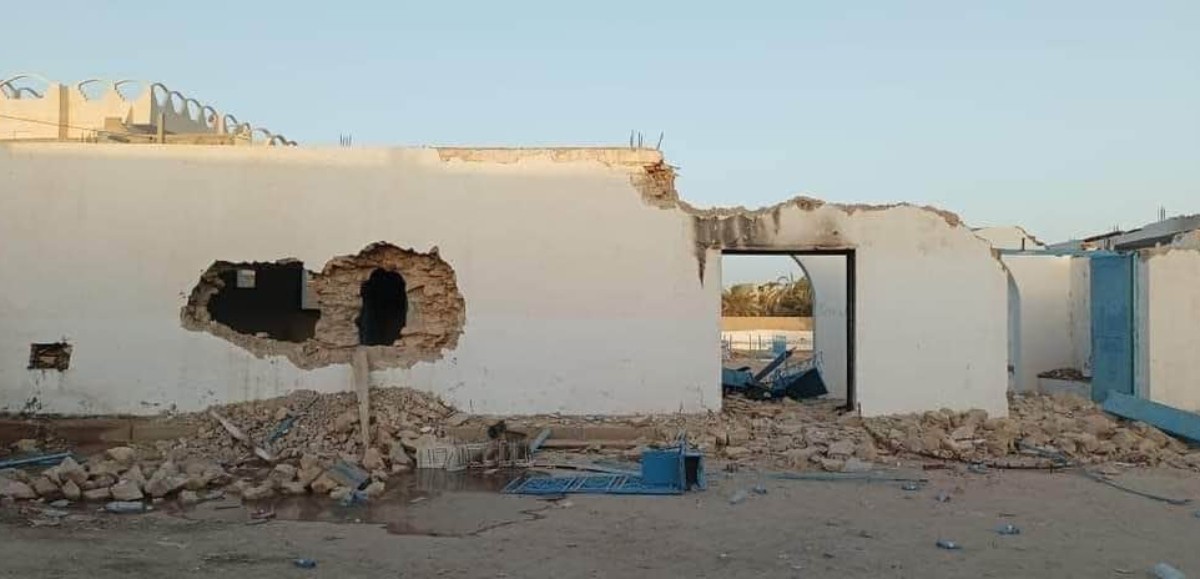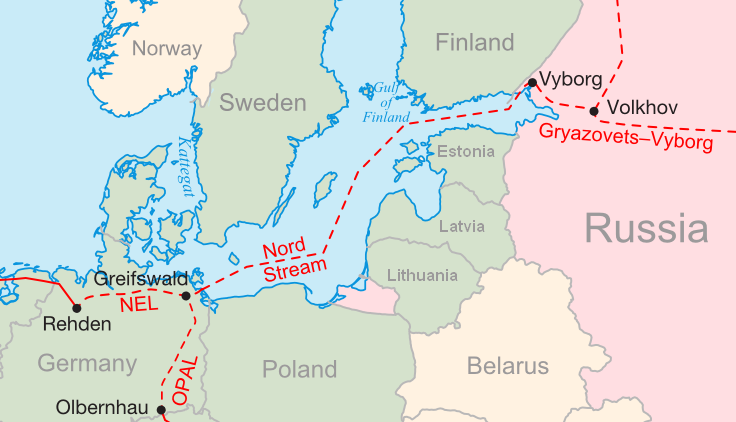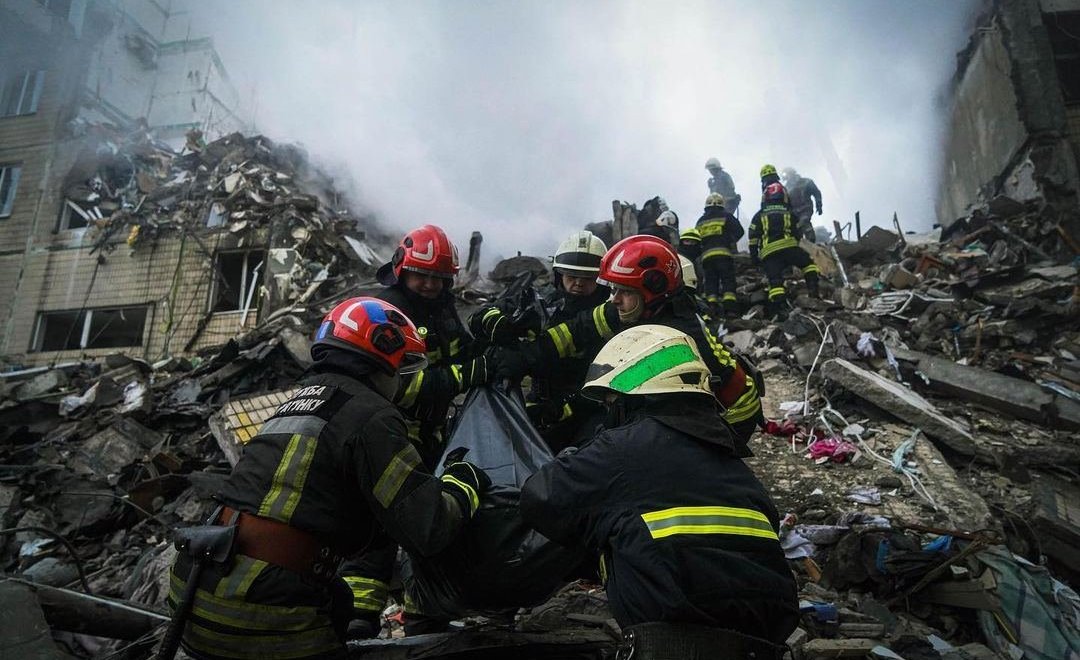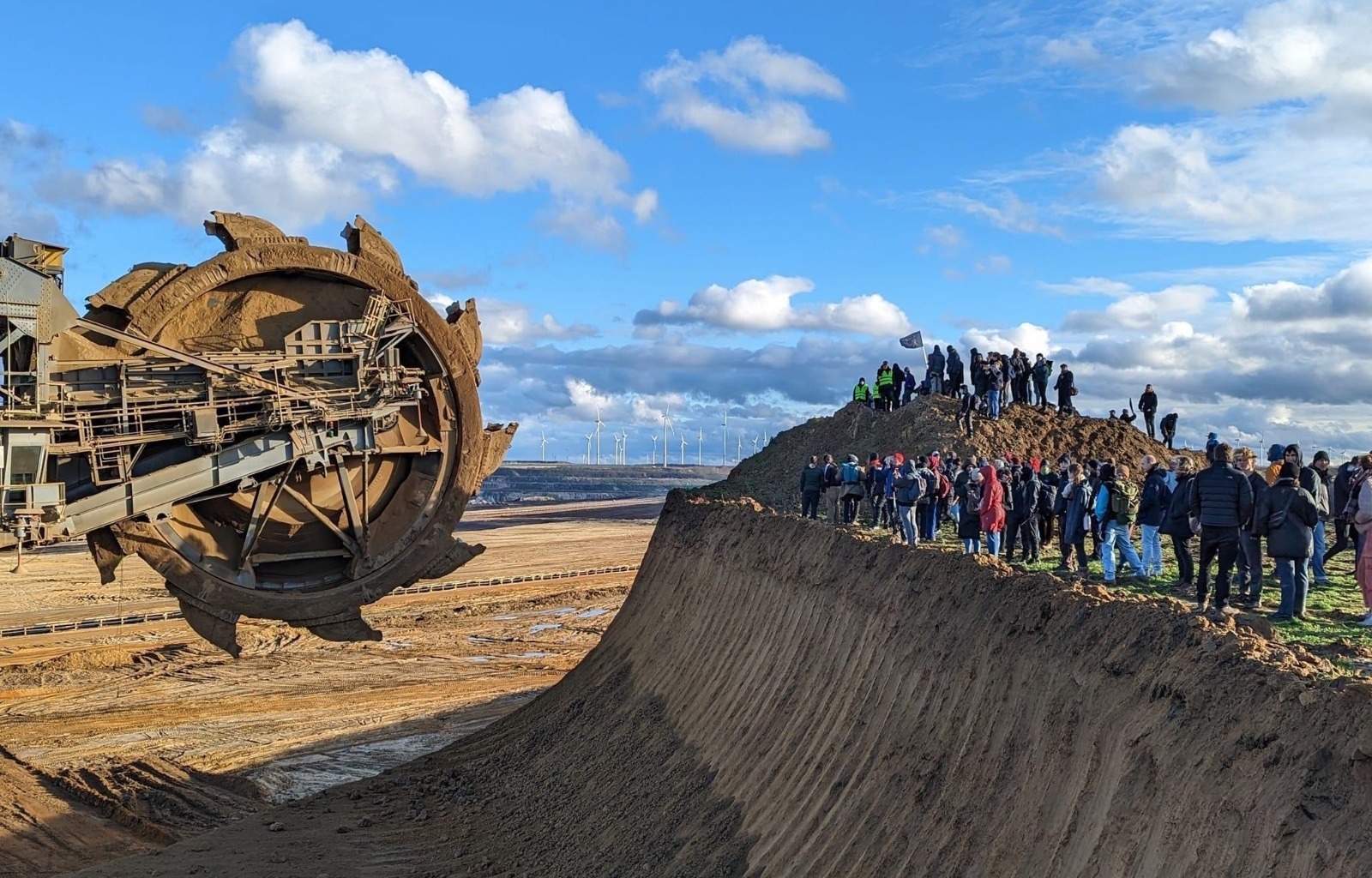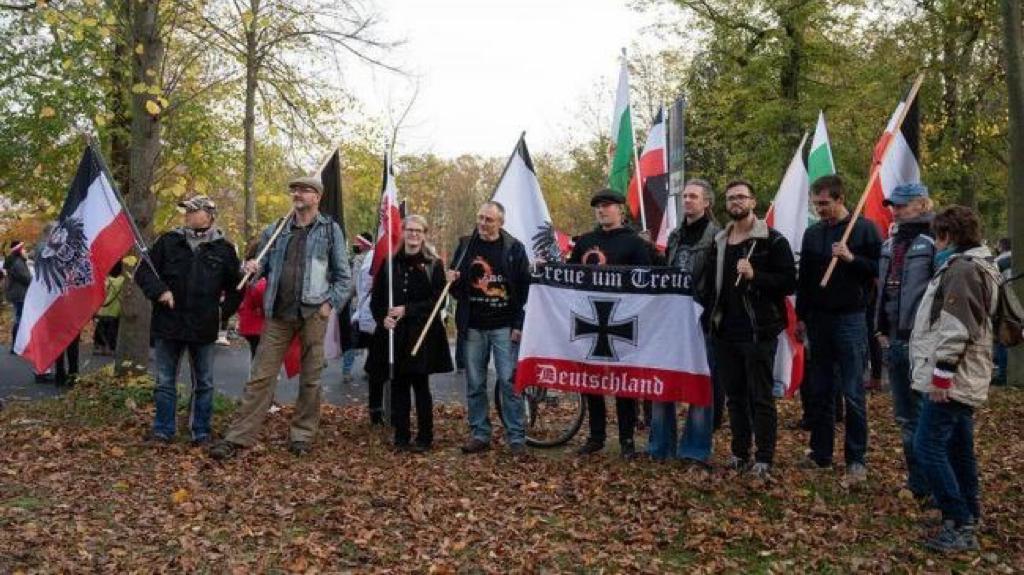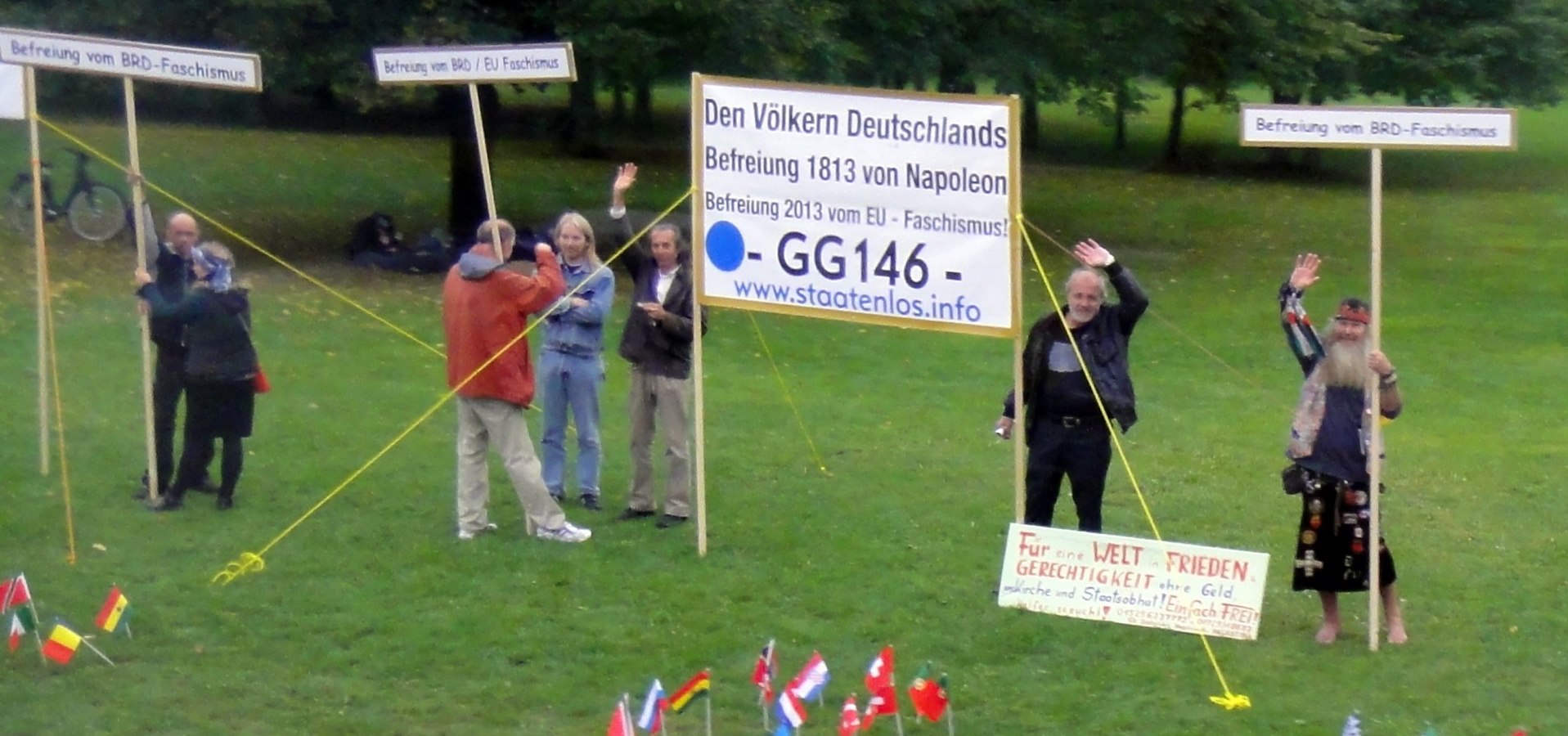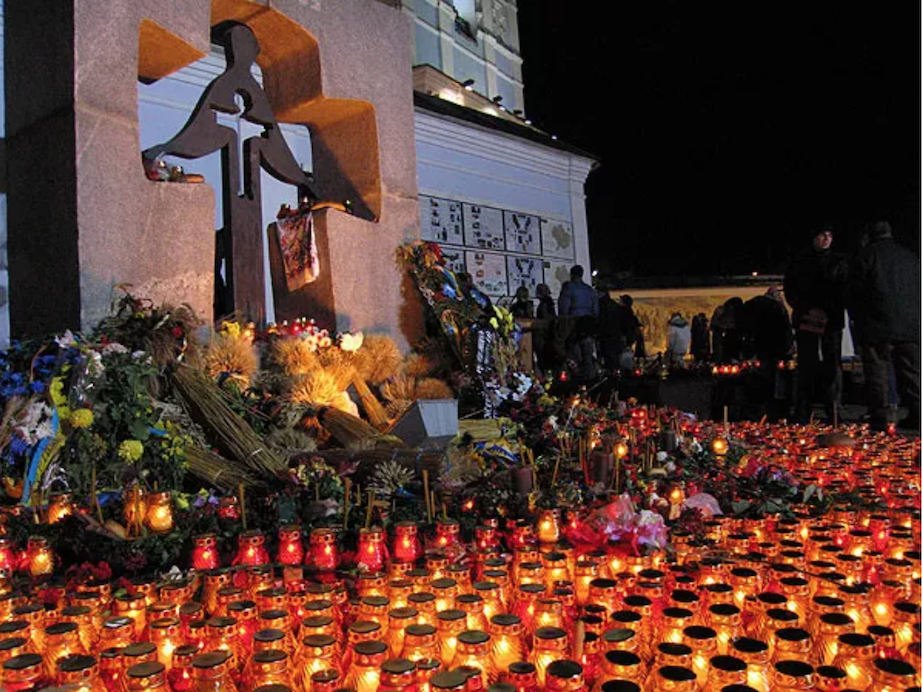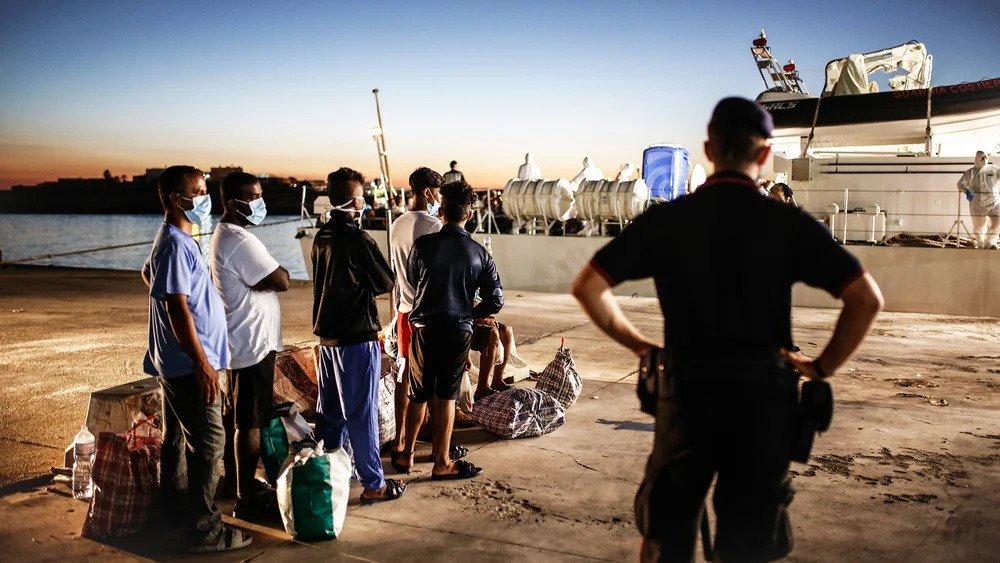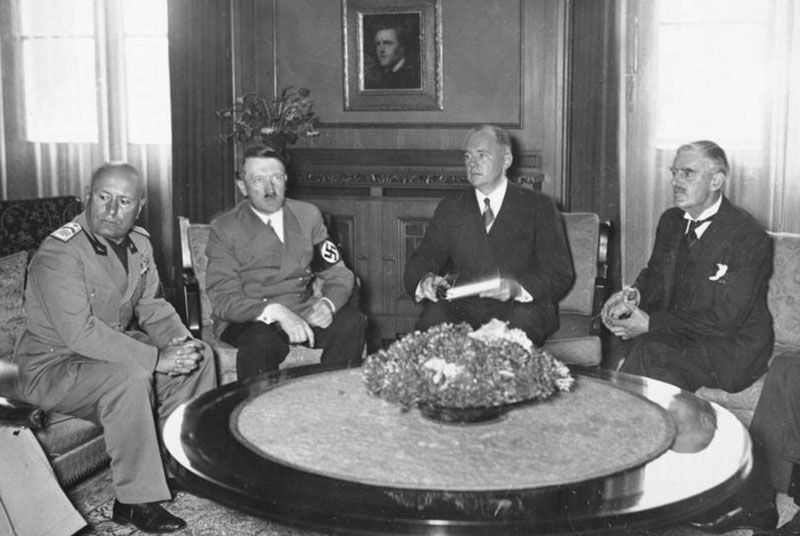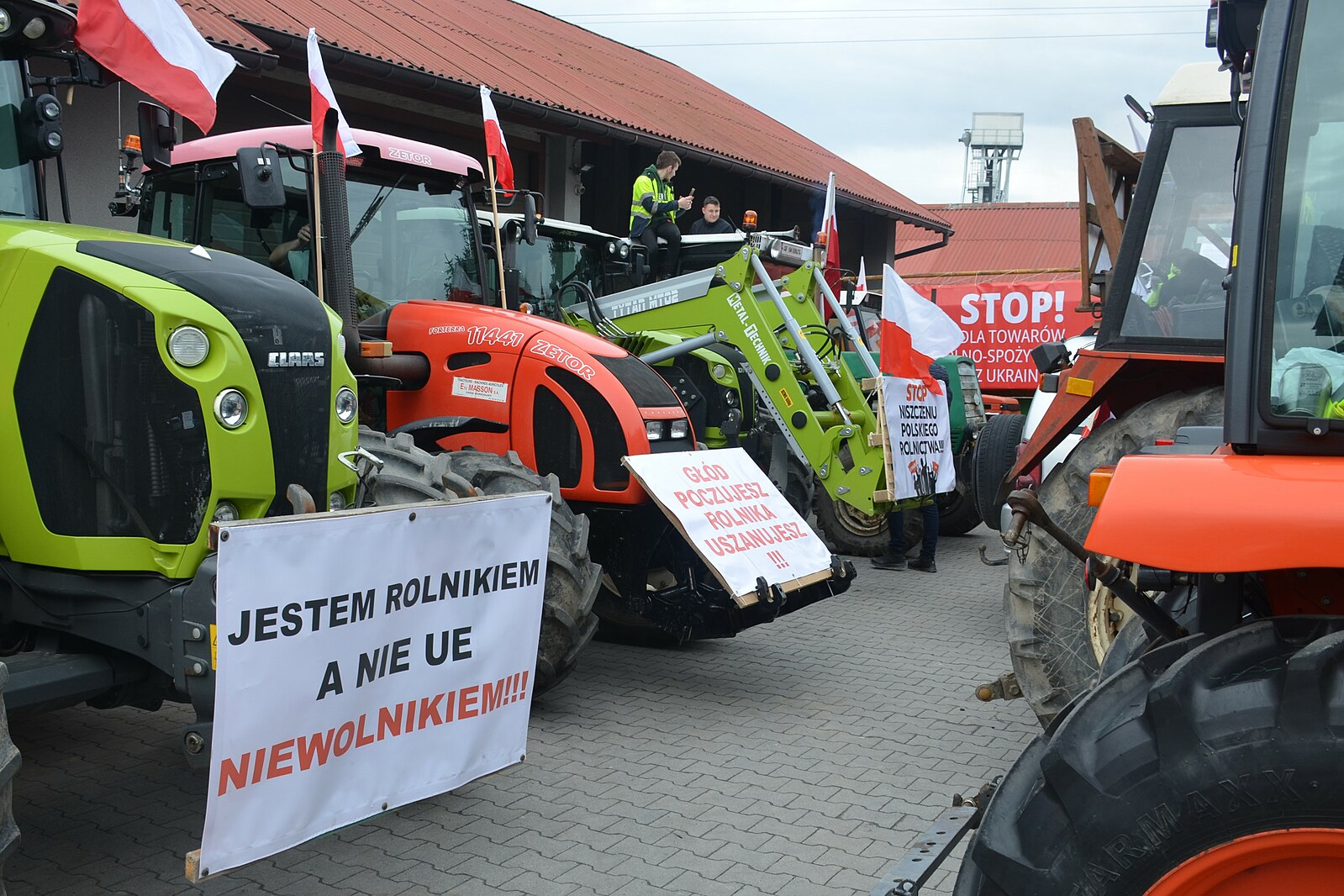
Polish farmers clash with police
Polish farmers clashed with police during a mobilization on Warsaw, part of ongoing protests over increasing economic pressures on the agricultural industry. The demonstrations are part of broader farmer-led protests across Europe demanding relief from taxes and rising costs. Farmers are also protesting against new environmental regulations imposed under the EU Green Deal, which aims to combat global warming. Farmers are additionally unhappy with the waiver on custom duties for imports from Ukraine. Last month, Polish farmers launched a 30-day nationwide protest, while truckers blocked borders with Ukraine in conjunction with the farmers’ actions. (Photo: Silar via Wikimedia Commons. Sign reads: “I am a farmer, not an EU slave!!!”)



